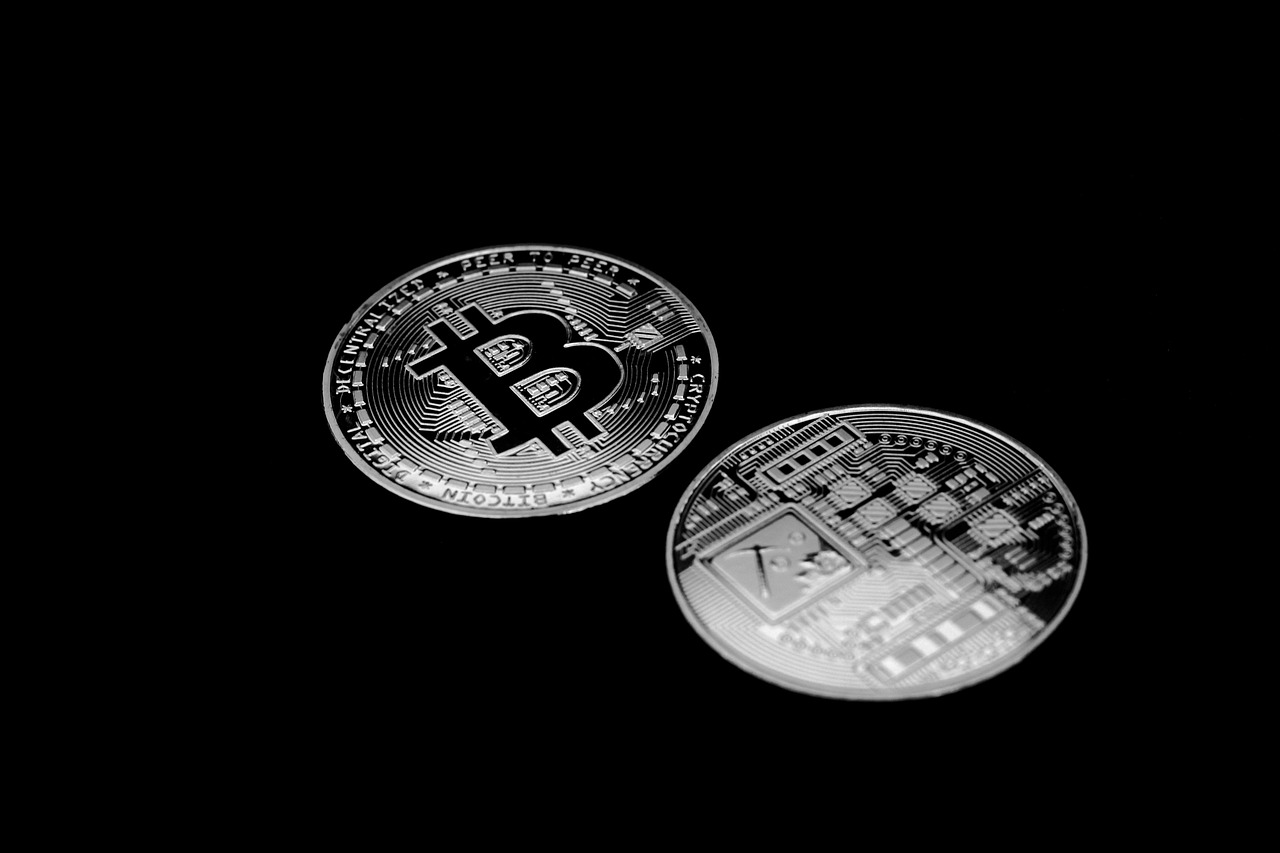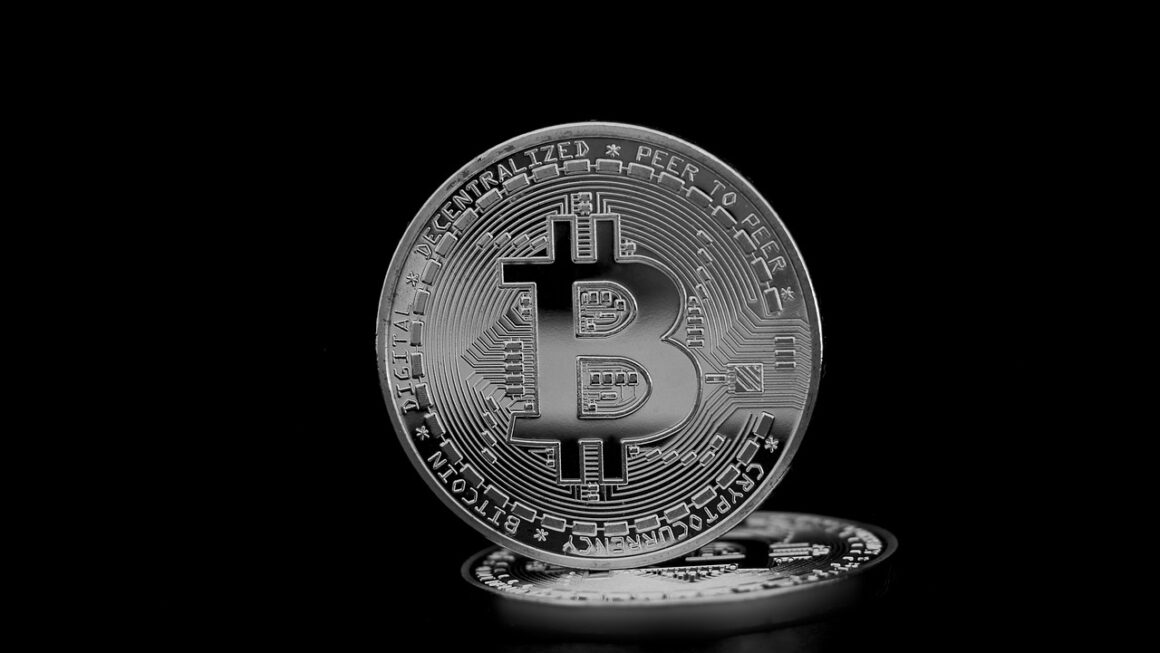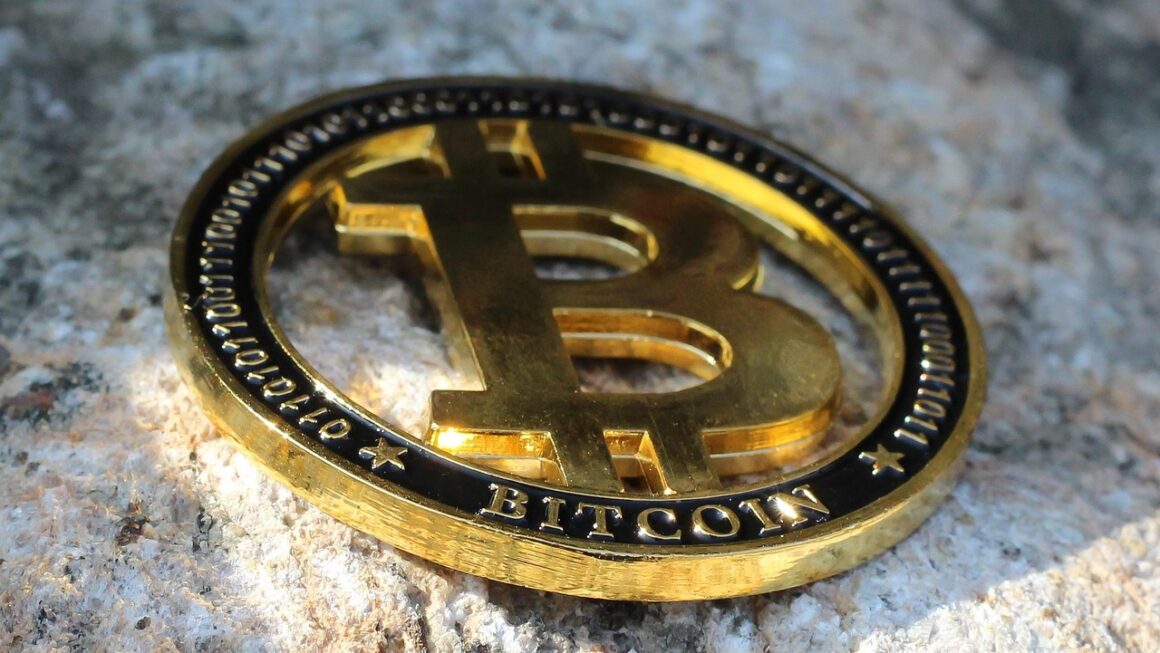NFTs, or Non-Fungible Tokens, have revolutionized the digital landscape, creating new avenues for artists, collectors, and investors. From digital art and music to virtual real estate and in-game items, NFTs are transforming how we perceive and interact with digital assets. This comprehensive guide will delve into the world of NFTs, exploring their underlying technology, applications, and the factors driving their increasing popularity.
What is an NFT?
Understanding Fungibility
To understand NFTs, it’s crucial to first grasp the concept of fungibility. Fungible items are interchangeable and can be easily replaced with an identical item. Examples include:
For more details, see Investopedia on Cryptocurrency.
- – Currency: A dollar bill can be exchanged for another dollar bill, and they have the same value.
- – Stocks: One share of Apple stock is equivalent to another share of Apple stock.
Non-fungible items, on the other hand, are unique and cannot be replaced by an identical item. Each NFT has distinct characteristics that make it one-of-a-kind.
Defining Non-Fungible Tokens
A Non-Fungible Token (NFT) is a unique digital asset that represents ownership of a specific item or piece of content. NFTs are stored on a blockchain, a decentralized digital ledger that records transactions securely and transparently. Each NFT has a unique identifier and metadata, making it distinguishable from other tokens.
Key characteristics of NFTs:
- – Uniqueness: Each NFT is distinct and cannot be replicated.
- – Indivisibility: NFTs cannot be divided into smaller units. You can’t own a fraction of an NFT.
- – Ownership: NFTs provide verifiable ownership recorded on the blockchain.
- – Transparency: All transactions involving an NFT are recorded on the blockchain, providing a transparent history of ownership.
How NFTs Work
Blockchain Technology
NFTs rely on blockchain technology to ensure their security and authenticity. The blockchain is a distributed, immutable ledger that records all transactions in a transparent and secure manner. This eliminates the need for a central authority and makes it difficult to tamper with the records.
Popular blockchain platforms for NFTs:
- – Ethereum: The most widely used blockchain for NFTs, offering robust smart contract functionality.
- – Solana: A high-performance blockchain known for its speed and low transaction fees.
- – Flow: Designed specifically for NFTs and gaming, offering scalability and user-friendly tools.
- – Polygon (Matic): A Layer-2 scaling solution for Ethereum, providing faster and cheaper transactions.
- – Cardano: A proof-of-stake blockchain known for its security and sustainability.
Smart Contracts
Smart contracts are self-executing contracts written in code and stored on the blockchain. They automatically enforce the terms of an agreement when certain conditions are met. In the context of NFTs, smart contracts are used to define the characteristics of the NFT, such as its unique identifier, metadata, and ownership rules. Smart contracts are what give NFTs their programmable characteristics and are essential for defining royalties and other unique features.
Example: A smart contract can ensure that the original creator of an NFT receives a percentage of the sale price each time the NFT is resold.
Minting NFTs
Minting is the process of creating a new NFT on the blockchain. When an NFT is minted, a unique token is generated and associated with a specific digital asset. This process involves writing the NFT’s metadata and other relevant information to the blockchain using a smart contract. The NFT then becomes permanently recorded on the blockchain, making it verifiable and secure.
Applications of NFTs
Digital Art and Collectibles
One of the most prominent applications of NFTs is in the realm of digital art and collectibles. Artists can tokenize their creations and sell them directly to collectors, bypassing traditional gatekeepers like galleries and auction houses. This empowers artists and allows them to retain a larger share of the profits.
Examples:
- – Beeple’s “Everydays: The First 5000 Days”: Sold for $69 million, demonstrating the high value of digital art NFTs.
- – CryptoPunks: One of the earliest NFT projects, featuring unique pixelated characters.
- – Bored Ape Yacht Club: A popular collection of ape-themed NFTs with exclusive community benefits.
Gaming and Virtual Worlds
NFTs are transforming the gaming industry by enabling players to own and trade in-game assets. This creates new opportunities for gamers to earn money by playing their favorite games. Additionally, NFTs can be used to represent virtual land, avatars, and other virtual items in metaverse environments.
Examples:
- – Decentraland: A virtual world where users can buy, sell, and build on virtual land represented by NFTs.
- – Axie Infinity: A play-to-earn game where players can collect, breed, and battle with digital creatures called Axies, which are represented by NFTs.
Music and Entertainment
NFTs are offering new ways for musicians and entertainers to connect with their fans and monetize their work. Artists can release exclusive music tracks, albums, and merchandise as NFTs, providing fans with unique collectibles and experiences.
Examples:
- – Musicians releasing limited-edition songs or albums as NFTs.
- – Sports teams creating NFT-based collectibles for their fans.
- – Movie studios offering NFT-based access to exclusive content or behind-the-scenes footage.
Other Applications
NFTs have a wide range of other potential applications, including:
- – Real Estate: Tokenizing properties to facilitate easier and more transparent transactions.
- – Supply Chain Management: Tracking products and verifying their authenticity using NFTs.
- – Identity Verification: Creating secure and tamper-proof digital identities using NFTs.
- – Ticketing: Issuing NFT-based tickets to prevent fraud and provide exclusive benefits to attendees.
Buying and Selling NFTs
NFT Marketplaces
NFT marketplaces are online platforms where users can buy, sell, and trade NFTs. These marketplaces provide a user-friendly interface for browsing and discovering NFTs, as well as tools for managing your NFT portfolio.
Popular NFT marketplaces:
- – OpenSea: The largest NFT marketplace, offering a wide range of NFTs across various categories.
- – Rarible: A community-governed marketplace that allows creators to mint and sell their NFTs.
- – SuperRare: A curated marketplace focused on high-quality digital art.
- – Nifty Gateway: A platform known for its exclusive NFT drops from popular artists and celebrities.
Wallets and Cryptocurrency
To buy and sell NFTs, you’ll need a cryptocurrency wallet that supports NFTs and the cryptocurrency used on the blockchain where the NFT is minted (typically Ethereum). Wallets allow you to store your NFTs and cryptocurrency securely and interact with NFT marketplaces.
Popular cryptocurrency wallets for NFTs:
- – MetaMask: A browser extension and mobile wallet that supports Ethereum and other Ethereum-based tokens.
- – Trust Wallet: A mobile wallet that supports a wide range of cryptocurrencies and NFTs.
- – Coinbase Wallet: A user-friendly wallet from Coinbase that supports NFTs and cryptocurrency.
You’ll also need to acquire cryptocurrency, such as Ether (ETH), to pay for the NFT and any transaction fees (gas fees) associated with buying or selling on the blockchain.
Tips for Buying and Selling NFTs
- – Do your research: Before buying an NFT, research the artist, project, and community to assess its value and potential.
- – Understand gas fees: Be aware of the gas fees associated with transactions on the blockchain, as they can fluctuate significantly.
- – Secure your wallet: Protect your cryptocurrency wallet with a strong password and enable two-factor authentication.
- – Diversify your portfolio: Consider diversifying your NFT portfolio to reduce risk.
- – Be patient: The NFT market can be volatile, so be prepared for price fluctuations.
Conclusion
NFTs represent a significant innovation in the digital world, offering new ways to create, own, and trade digital assets. From digital art and gaming to music and real estate, NFTs are transforming various industries and creating new opportunities for creators and collectors alike. While the NFT market can be volatile and carries risks, understanding the underlying technology and principles can help you navigate this exciting new frontier. As the technology continues to evolve, NFTs are poised to play an increasingly important role in the future of digital ownership and the metaverse.
Read our previous article: Beyond The Metaverse: Immersive Techs Real-World Impact




